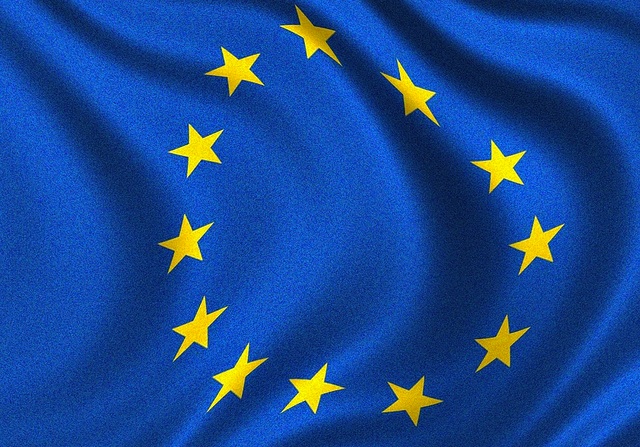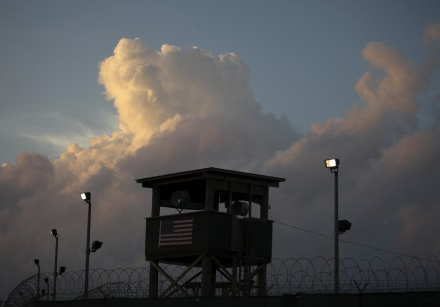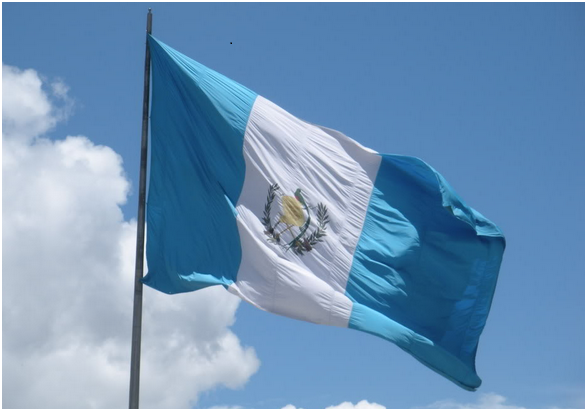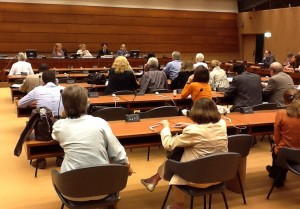
May 7, 2013 | Advocacy, Legal submissions
The ICJ today submitted to the United Nations a written statement concerning corporate complicity in human rights abuses and access to justice for victims of such abuses.
The statement is made ahead of the UN Human Rights Council’s 23rd session (27 May to 14 June 2013) and comments on a report of the Council’s Working Group on human rights and transnational corporations and other business enterprises.
Setting out issues concerning obstacles to justice for victims of human rights abuses by business enterprises, the ICJ calls on the Working Group to take various steps to address such issues, including by:
- Exploring the further development of international standards;
- Raising specific allegations of corporate abuse with relevant State authorities and business enterprises; and
- Addressing more clearly the issue of access to justice in cases of corporate complicity.
HRC23-Item3-WGBHR-WrittenStatement-LegalSubmission-2013 (download statement in PDF)

Apr 2, 2013 | Advocacy, News, Non-legal submissions
The ICJ, Amnesty International and the AIRE Centre submitted written comments on the draft EU accession agreement to the European Convention on Human Rights.
The ICJ, Amnesty International and the AIRE Centre have submitted written observations, on the occasion of the last meeting of the 47+1 Group in charge of the negotiations on the accession of the European Union to the European Convention on Human Rights. The observations focussed on issues of jurisdiction, responsibility, and on the mechanism of co-respondence in cases involving the EU.
EUAccessionECHR-Paper-Joint-2013 (download the paper)
Photo credit: © Yanni Koutsomitis (the author of the picture has no involvement in nor does support this submission)

Dec 12, 2012 | Multimedia items, News, Video clips
 The ICJ 17th World Congress closed today with the adoption of a landmark Declaration on Access to Justice and Right to a Remedy in international human rights systems.
The ICJ 17th World Congress closed today with the adoption of a landmark Declaration on Access to Justice and Right to a Remedy in international human rights systems.
In his final speech at the closing of the Congress, Sir Nigel Rodley, the new ICJ President (photo above, on the right, with Pedro Nikken, outgoing ICJ President) said:
“The ICJ has always been the world’s leading organization of lawyers working for the Rule of Law and human rights. At the ripe young age of 60, it is at the height of its prestige and authority.”
“Led by one of the world’s most experienced international human rights lawyers, Wilder Tayler, of Uruguay, the ICJ is now on a firm footing with a strong secretariat in Geneva – the city of human rights – and an increasing number of offices in key countries and regions of the world.”
“So, the ICJ is well-placed to make an even more significant contribution meeting such challenges as the serious problem of assaults on the independence of judges, lawyers, and prosecutors.”
“There is no justice if people don’t have access to it. The ICJ Congress, with its vast range of eminent expertise, from the ICJ Commissioners, national sections representatives, and guests, adopted a landmark Declaration on Access to Justice and Right to a Remedy in international human rights systems.”
“The focus was how to make international regional human rights systems more able to respond to the needs of those who cannot secure justice at home. There was special urgency bearing in mind the attempts of governments to weaken the systems’ ability to call these same governments to account.”
Sir Nigel Rodley, ICJ President, talks about the Declaration:
To download the text of the full declaration click on the links below:
ICJ 17th World Congress-Declaration and opening speeches-2012 (full text in pdf)
ICJ 17th World Congress-Declaration-2012 (full text in pdf)
ICJ 17th World Congress-Declaration-2012-FR (full text in pdf)
Photo by David Rouge

Sep 26, 2012 | Advocacy, Cases, Legal submissions
The ICJ and others argue that Spain should assume jurisdiction, as the US has allowed for impunity of top officials who facilitated torture.
The ICJ joined the Center for Constitutional Rights, the European Centre for Constitutional and Human Rights and other leading organizations and scholars, arguing that the Spanish Supreme Court should reopen the investigations for participation in or aiding and abetting torture and other human rights abuses against six senior legal officials of the Bush Administration.
The brief argues that Spain should exercise jurisdiction under Spanish law because the US itself has failed to carry out any meaningful investigations and prosecutions against the officials, who are alleged to have provided legal authorisation for torture practices against “war on terror” detainees.
The officials are David Addington (former Counsel to, and Chief of Staff for, former Vice President Cheney): Jay S. Bybee (former Assistant Attorney General, Office of Legal Counsel (OLC), U.S. Department of Justice (DOJ); Douglas Feith (former Under Secretary of Defense for Policy, Department of Defense (DOD); Alberto R. Gonzales (former Counsel to former President George W. Bush, and former Attorney General of the United States); William J Haynes (former General Counsel, DOD); and John Yoo (former Deputy Assistant Attorney General, OLC, DOJ).
SpainUSA-Bushlawyers-AmicusBrief-2012-eng (download third party intervention)

Sep 18, 2012 | Events
 In the margins of the UN Human Rights Council’s 21st regular session, the Centre Europe-Tiers Monde (CETIM) and the ICJ today held a parallel event on impunity and exploitation of natural resources in Guatemala.
In the margins of the UN Human Rights Council’s 21st regular session, the Centre Europe-Tiers Monde (CETIM) and the ICJ today held a parallel event on impunity and exploitation of natural resources in Guatemala.
The event discussed the overall question of justice for indigenous communities in Guatemala. It was followed by the showin of excerpts from Grégory Lassalle’s documentary Des déreives de l’art aux dérivés du pétrole.
Panellists included Ramón Cadena, Director of the ICJ Central America Programme; Hilda Ventura and Mario Mucú, representatives of the Maya communities of San Andrés and Petén; and Melik Özden, UN Representative and Co-Director of CETIM.
HRC21-ParallelEvent-Guatemala-2012 (download flyer, in PDF)











